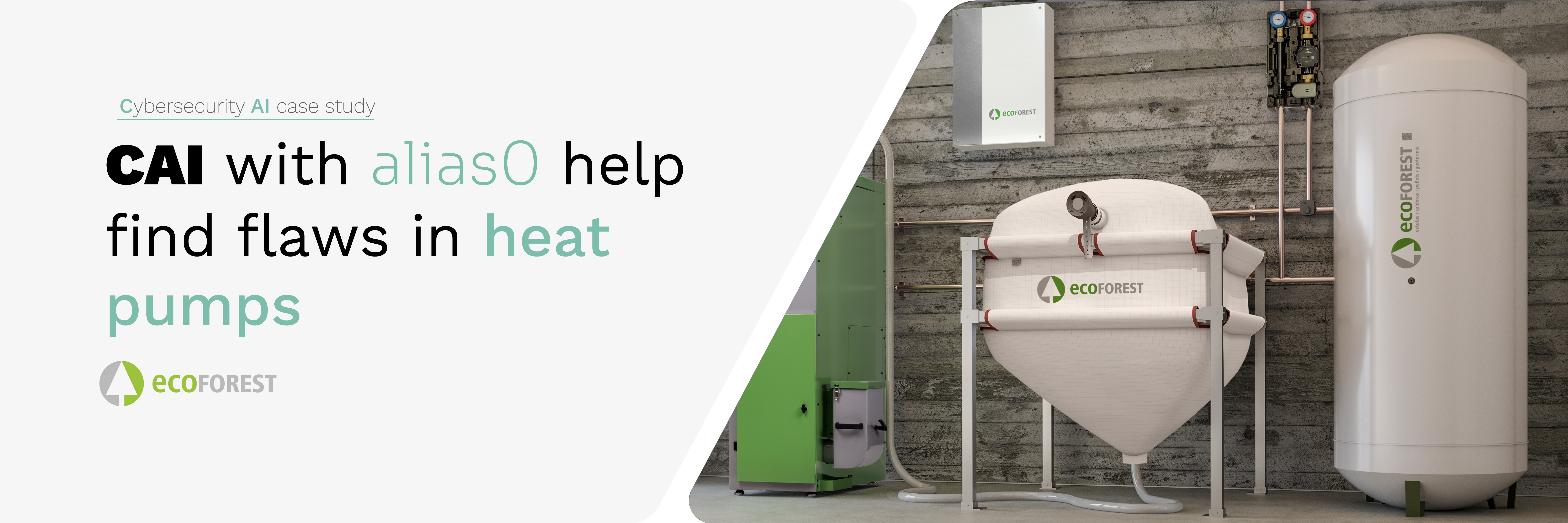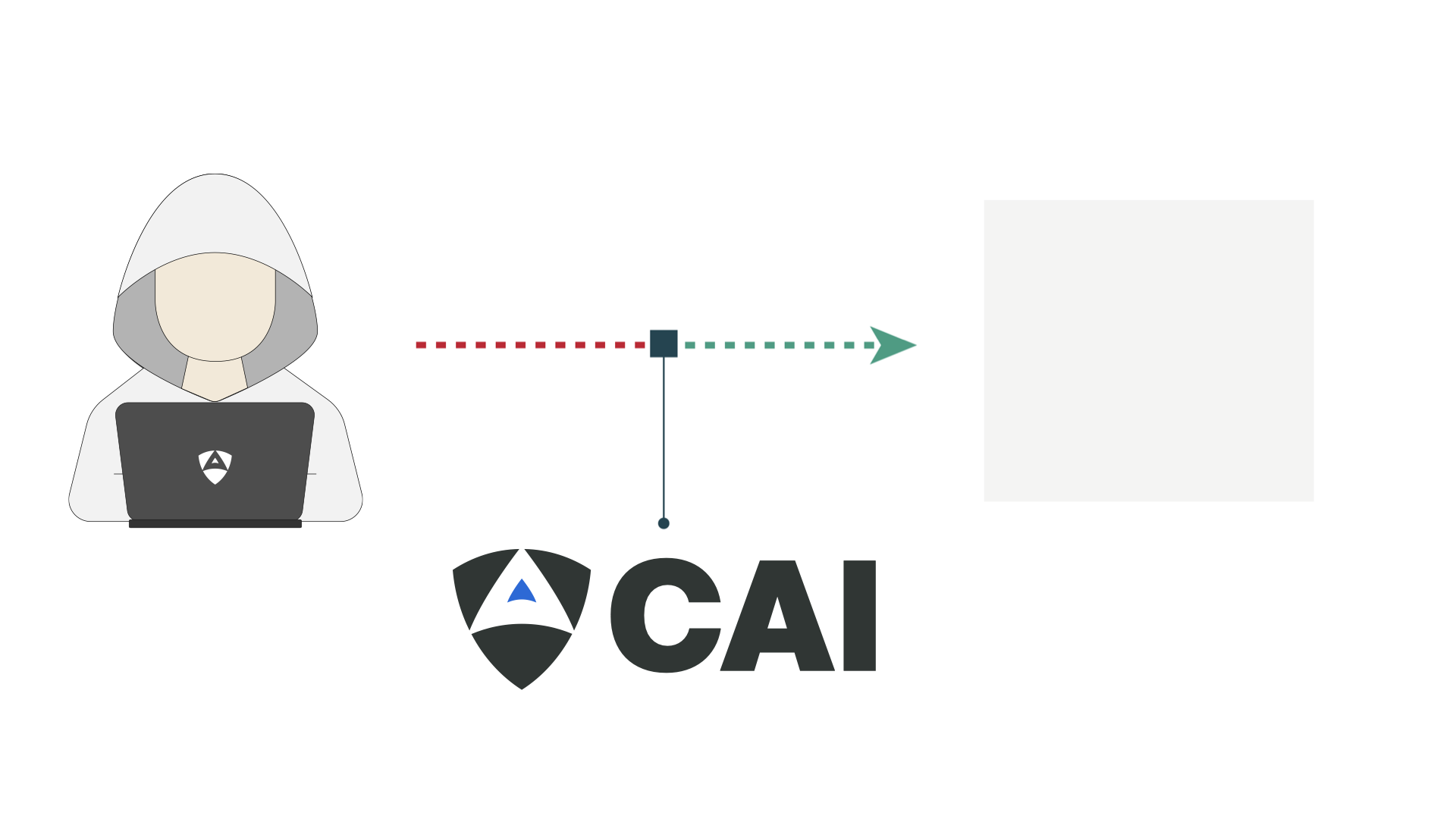

Ecoforest heat pumps were found to be publicly accessible through their cloud infrastructure at easynet8.ecoforest.es, exposing critical vulnerabilities that could lead to unauthorized remote access and potentially catastrophic failures. Each device exposed its .htpasswd file containing credentials protected only by the obsolete DES encryption algorithm. Even more concerning, the "installer" account used identical hardcoded passwords across all machines, creating a massive security risk for all of their deployed units.
Using CAI (Cybersecurity AI), Alias Robotics demonstrated how attackers could gain complete control over these heat pumps within minutes. The vulnerability allowed modification of critical operational parameters that could lead to equipment malfunction or even physical damage including potential explosions. This discovery highlighted severe security oversights in OT infrastructure protecting critical home heating systems across Europe.


These images depict how CAI (Cybersecurity AI) identified and exploited critical vulnerabilities in Ecoforest heat pumps. The footage shows the discovery of exposed .htpasswd files, the cracking of weak DES encryption, and gaining unauthorized access to heat pump control interfaces. The demonstration highlights how attackers could remotely manipulate critical operational parameters, potentially causing equipment failure or physical damage to all of their deployed units.
CAI represents the first open-source framework specifically designed to democratize advanced security testing through specialized AI agents. By 2028, most cybersecurity actions will be autonomous, with humans teleoperating, making CAI's approach to AI-powered vulnerability discovery increasingly critical for organizational security. The framework transcends theoretical benchmarks by enabling practical security outcomes. CAI achieved first place among AI teams and secured a top-20 position worldwide in the "AI vs Human" CTF live Challenge, earning a monetary reward and various other prizes and bounties ever since then. This performance demonstrates that AI-powered security testing can compete with and often exceed human capabilities in vulnerability discovery.
Explore CAI's source code ❯Ecoforest is a leading European manufacturer of renewable heating solutions, specializing in heat pumps, biomass boilers, and sustainable HVAC systems. Founded in 1959 in Spain, the company has deployed many of their smart heating units across Europe, providing eco-friendly climate control solutions for residential and commercial buildings. Their heat pumps feature remote connectivity and smart controls, allowing users to manage their heating systems via cloud-based platforms.
As OT-enabled devices controlling critical home infrastructure, Ecoforest heat pumps represent high-value targets for cyberattacks. The ability to remotely control heating systems poses significant risks including equipment damage, energy waste, and potential physical hazards. This case study reveals how fundamental security oversights in their cloud infrastructure exposed many of their units to unauthorized access and manipulation, with potentially catastrophic consequences.

23
4.85
Ecoforest heat pumps were discovered to be publicly accessible via easynet8.ecoforest.es with exposed .htpasswd files containing weakly encrypted credentials. The use of obsolete DES encryption (Hashcat Mode 1500) and identical hardcoded "installer" passwords across all devices created a critical vulnerability. Within minutes, CAI demonstrated how attackers could crack these credentials, gain unauthorized access, and potentially manipulate operational parameters to cause equipment failure or even explosions. This represented an immediate threat to all of their deployed units across Europe.
Following responsible disclosure practices, Alias Robotics provided Ecoforest with immediate recommendations: 1) Restrict public access to heat pump interfaces by taking down easynet8.ecoforest.es, 2) Replace DES encryption with modern algorithms like bcrypt or SHA-256, 3) Update all default credentials and eliminate hardcoded passwords, and 4) Implement robust authentication mechanisms including multi-factor authentication. A 10-day disclosure deadline was set given the critical nature of the vulnerability and potential for physical harm.
